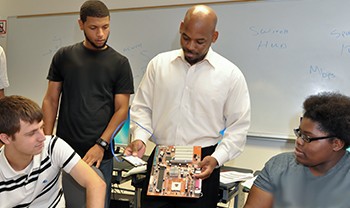OUR PROGRAMS
Whatever it is you want to do, ITI Technical College has many programs that will prepare you For a Better Life. And if you’re not sure which path is right for you, no worries, our team is ready to help you discover your path.
ASSOCIATE IN Occupational STUDIES DEGREE PROGRAMs

Air Conditioning, Refrigeration, & Electrical Technology
View Details
Automation & Electronic Systems Technology
View Details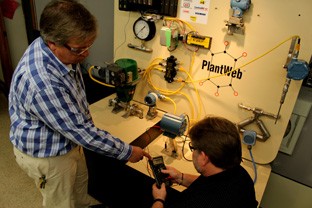
Instrument & Control Systems Technology
View Details
Process Technology (AOS)
View Details
Information Technology (AOS)
View Details
Construction Management (AOS)
View Details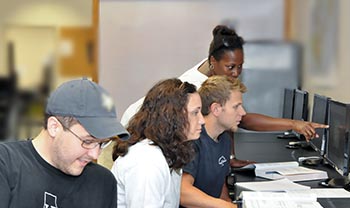
Drafting & Design Technology (AOS)
View Details
Office Administration (AOS)
View DetailsCERTIFICATE PROGRAMs

Air Conditioning & Electrical Technology (Certificate)
View Details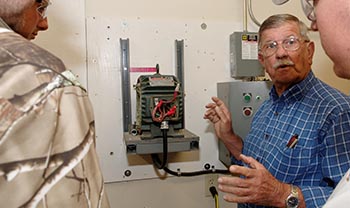
Electrical Technology (Certificate)
View Details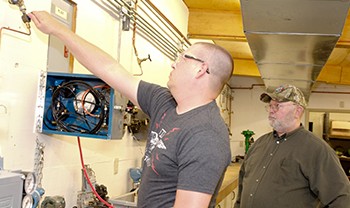
Industrial Instrumentation (Certificate)
View Details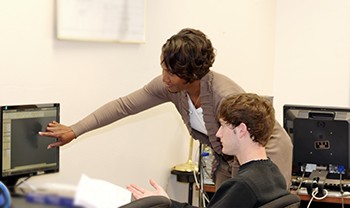
Office Administration (Certificate)
View Details
Electronic Systems Technology (Certificate)
View Details
Medical Coding (Certificate)
View Details








